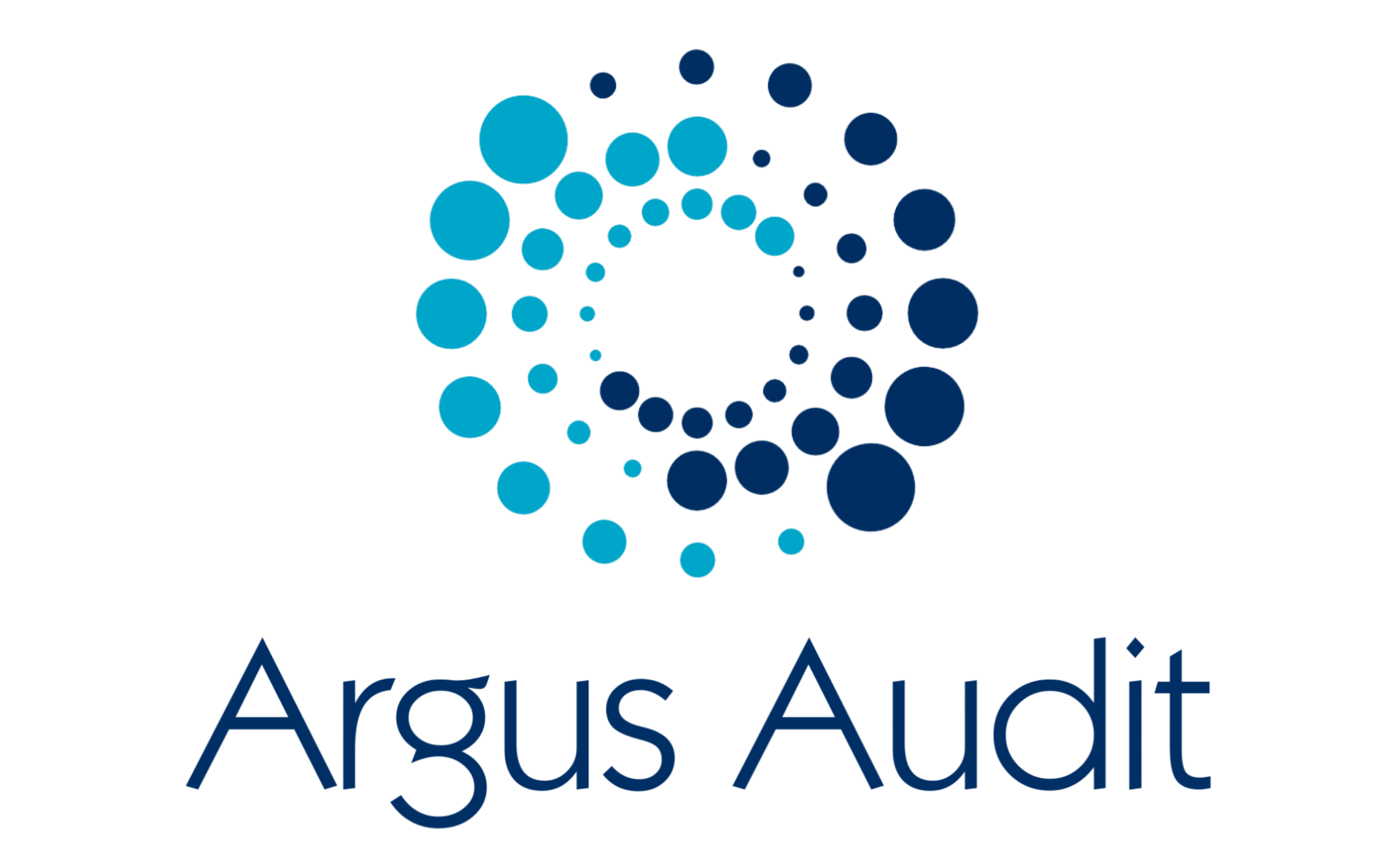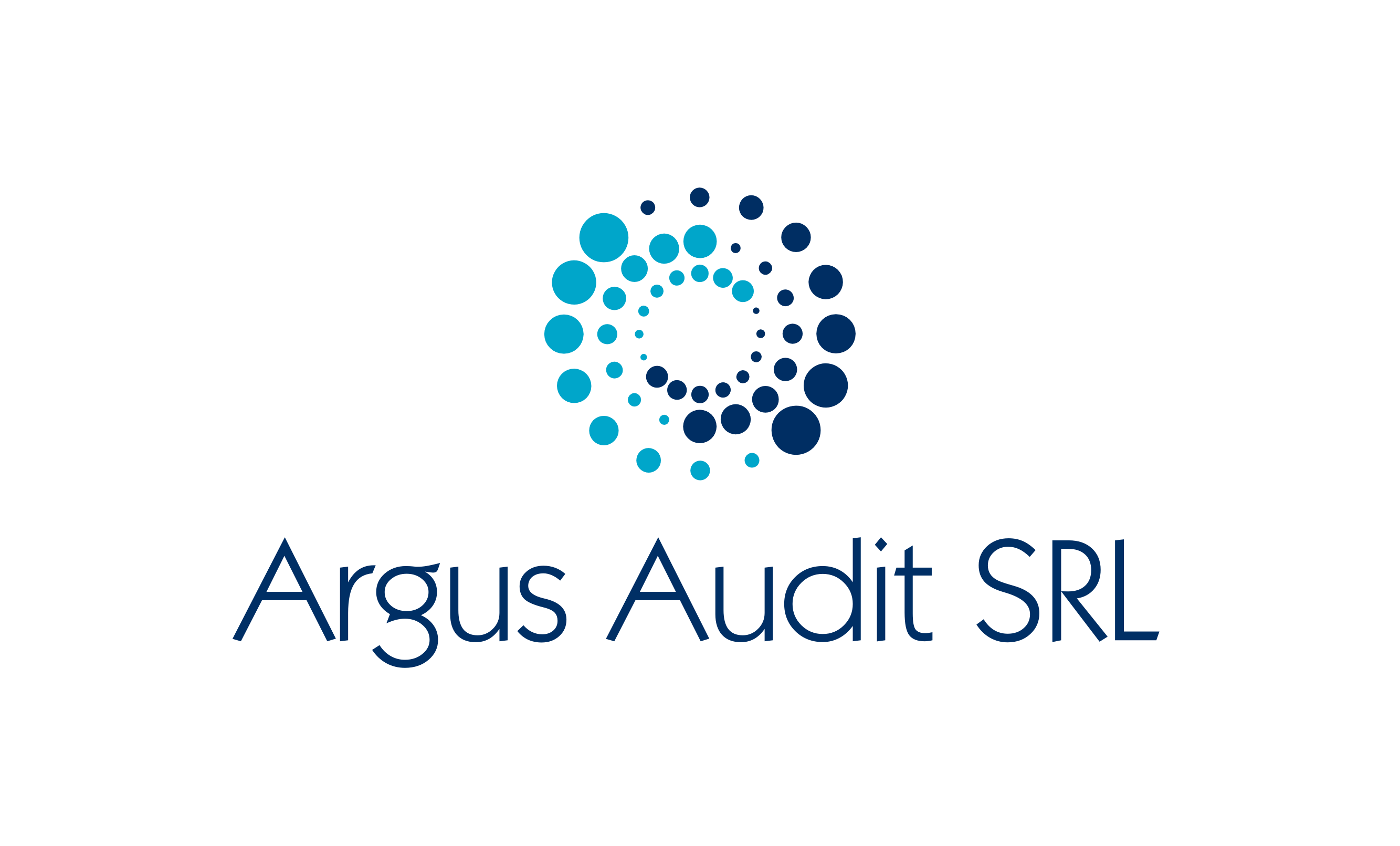To optimize the cash flow of not-for-profit organizations and companies’ tax planning, we would like to present you below the current sponsorship treatment.
- Sponsorship is a legal act by which two persons (individual or legal) decide the transfer of ownership of some material goods or cash to support some non-profit activities carried out by one of the parties called the beneficiary of the sponsorship.
A sponsorship contract is required to be concluded between the parties. It includes mandatory information such as the nature of the agreement, value, duration, and the rights and obligations of the involved parties.
It is essential to know that the individual persons or legal entities from Romania cannot make sponsorships from the cash received from the state budget. These are obliged to pay the support only from their sources, money obtained from the development of current activities.
When sponsorships of goods take place, their evaluation is done at the actual value from the moment of delivery to the beneficiary, as follows:
- at the sponsor’s selling price, without VAT, if he produces the goods;
- at the market purchase price, without VAT, if the goods are purchased documented by supporting evidence (invoice or fiscal receipt);
- at the customs value for the goods received from abroad as sponsorship.
From the fiscal point of view, the entities that pay sponsorships benefit from the following facilities:
- For corporate income taxpayers: these have the right of deducing from the corporate income tax up to the incidence of the amount paid to the beneficiary the amount representing the minimum level of the following:
- 0.75% of the turnover; and
- 20% of the calculated corporate income tax.
If the sponsorship value exceeds the above-mentioned yearly limits, the amount will carry forward for the next seven consecutive years.
- The income taxpayers will deduct the sponsorship from the income tax up to 20% of the income tax due for the respective quarter.
If the sponsorship paid will be higher than 20% of the income tax, the difference is carried forward in the following 28 consecutive quarters.
The sponsorship’s beneficiary must exist in the Register of accepted entities at the date of signing the contract.
These facilities are not possible in case of:
- Mutual sponsorship between individual persons and legal entities;
- Relatives do sponsorships up to including the fourth degree;
- Support of a non-profit legal entity by a legal company that directly controls the sponsored legal entity.
Bibliography:
Law no. 32/1994 regarding sponsorship
Law no. 227/2015 regarding Fiscal Code, with all ammendments
Our team of professional is available for any clarifications or additional details required in your analysis. The above information represents just a summary of aspects we consider relevant in the recently published legislation. This is not exhaustive disclosure of information and it is not intended to be used as advice on any particular matter. We invite all readers to contact us for further clarification of any specific issue. Argus Audit team and its associates disclaim liability in any action taken by a third party in reliance exclusively on summarized information presented in our publications.


